Big cities would welcome a breather from hectic population growth: Bob Carr
Former NSW premier Bob Carr said most Australians would welcome a slump in population growth and political parties should stop relying on immigration.
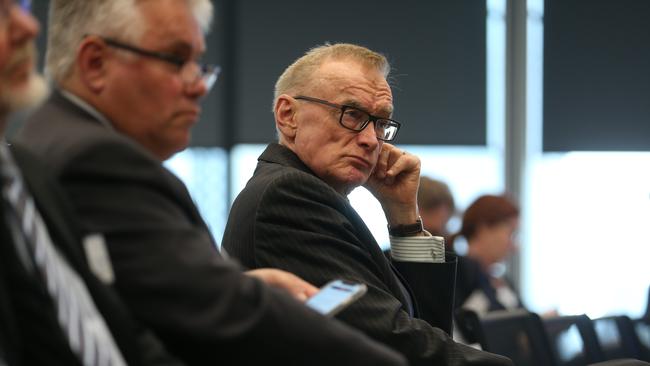
Former NSW premier Bob Carr said most Australians would welcome a slump in population growth and both main political parties should stop relying on high immigration to boost “growth”.
Ahead of Tuesday’s federal budget, expected to pencil in the biggest slump in population the nation has seen, the senior Labor figure said “alarmism should be put aside for the moment at least”.
“Australians living in Sydney, Melbourne and Brisbane would welcome a respite from the hectic, forced population growth of recent years, with which even highly elevated levels of infrastructure spending have not been able to keep up,” he told The Australian.
“High immigration delivers a bonus to some industrial sectors — construction, retail and infrastructure — but it forces a high tax burden on the rest of the economy and hits the whole system with congestion.”
The National Housing Finance and Investment Corporation last month warned that the COVID-19 pandemic would cut underlying demand for new private houses and apartments by between 129,000 and 232,000 over the next three years. The government’s July budget update pencilled in the weakest population growth since 1916, as strict border closures reduced net overseas immigration — which had been around 240,000 a year — to almost zero.
“Future migration levels remain highly uncertain, due to the path of the pandemic and the nature and duration of measures taken to contain its spread at home and abroad,” the Treasury said.
Abul Rizvi, a former senior official at the department of immigration, last week estimated a reduction in population growth of between one million and 1.2 million people over the next three years compared to forecasts in the 2019 federal budget.
“Slower population growth will accelerate population ageing, which will put downward pressure on economic growth, per capita economic growth and per capita tax revenue, while increasing spending on health, aged care and the age pension,” he said.
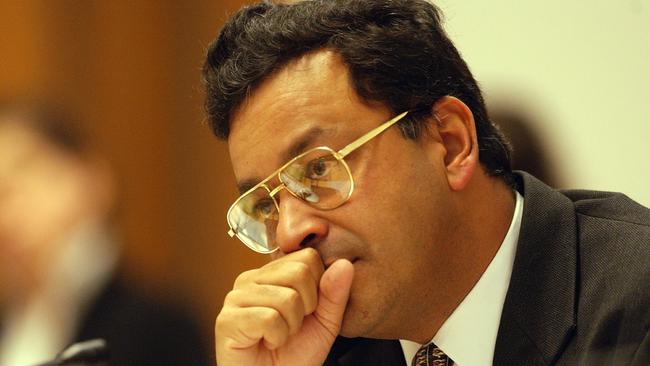
Mr Rizvi said neither the natural increase nor the net overseas migration assumptions in the 2019 budget had been realistic, owing to an assumption fertility would rise 1.9 children per women, when it had been previously falling steadily.
“For me, the most interesting figure on Tuesday will be the forecast for net overseas migration in 2023: anything over 175,000 would be far too high on current policy settings,” he said.
Mr Carr, who as premier famously declared Sydney “full” in 2000, said lower immigration would force us to “think about a different model of economic growth where we have to boost productivity using older workers smarter”. “In the context of the pandemic there seems nothing we can do about these lower projections, so why not make them work,” he said.
Mark Beeson, a professor of political science at the University of Western Australia, said a lower population would reduce carbon dioxide emissions.
“The pro-business agenda naturally believes all sort of immigration is a good thing but increasingly sophisticated literature that says there’s a real problem about having absolute economic growth as the be-all and end-all of public policy,” he said.


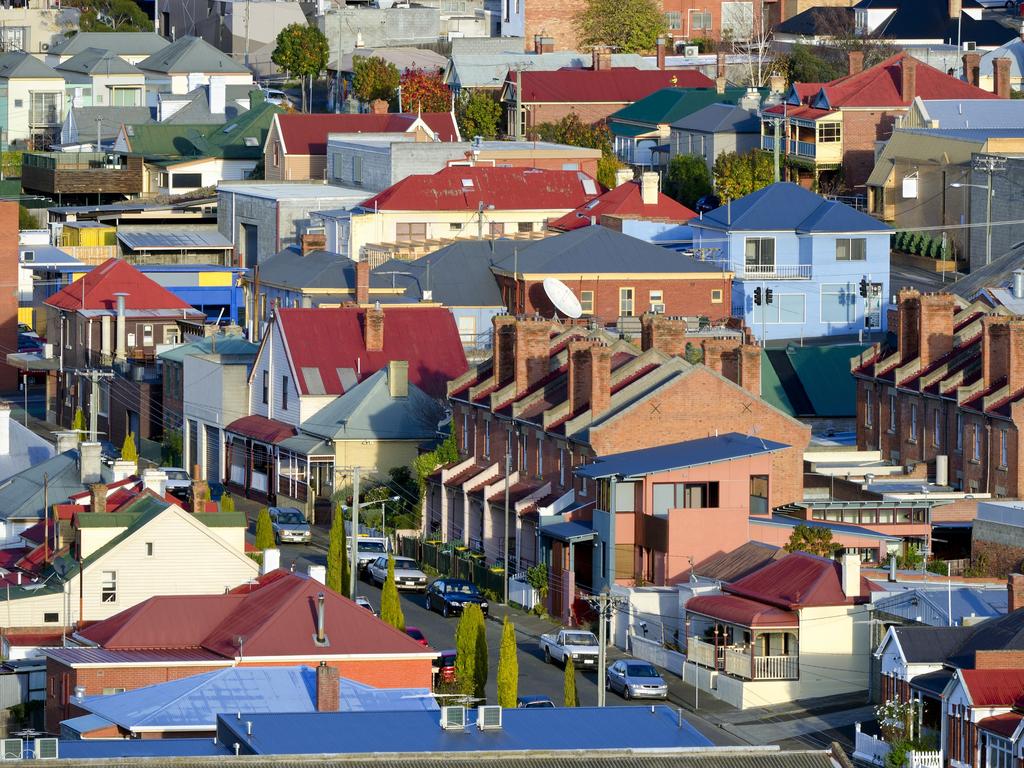


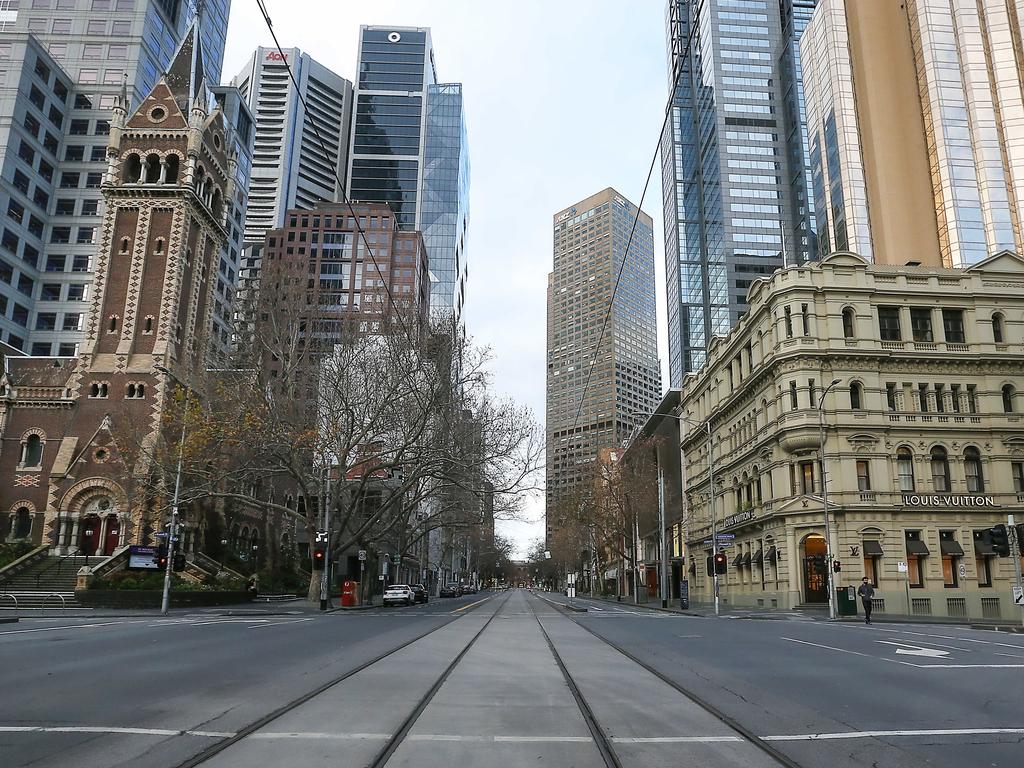
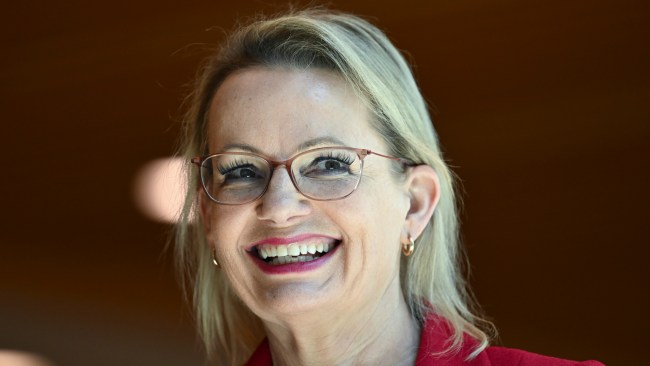
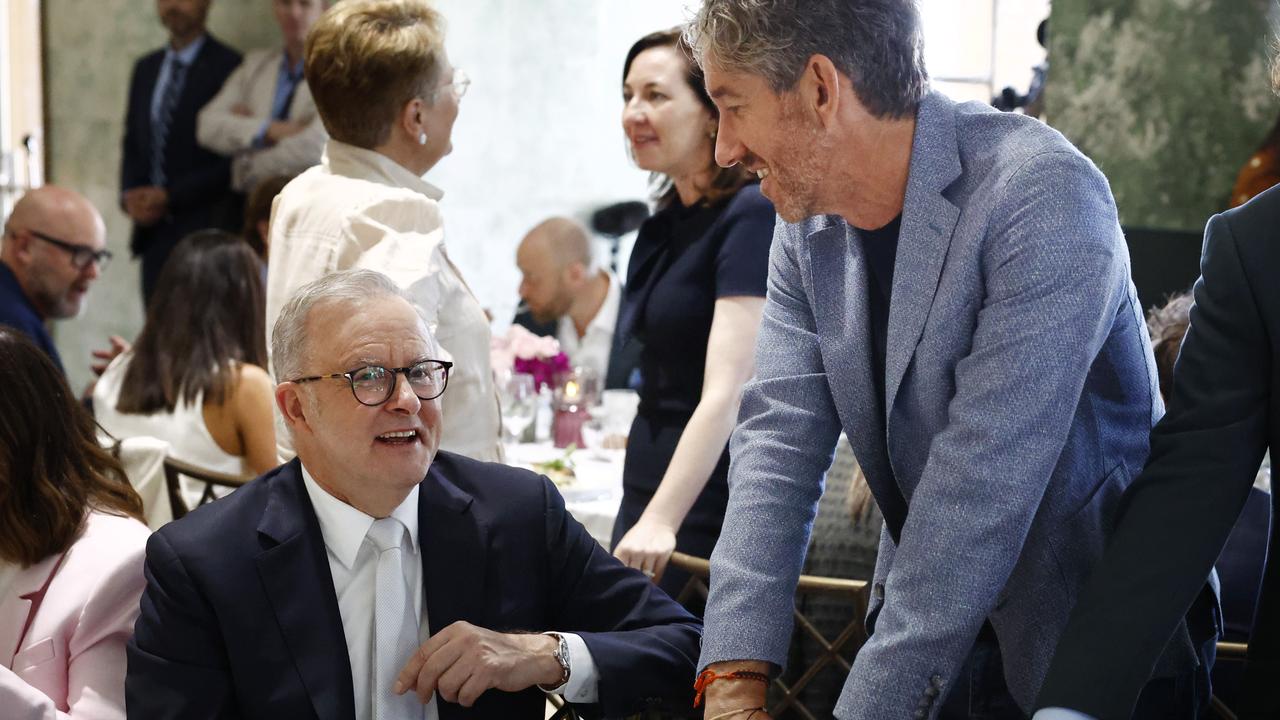
To join the conversation, please log in. Don't have an account? Register
Join the conversation, you are commenting as Logout